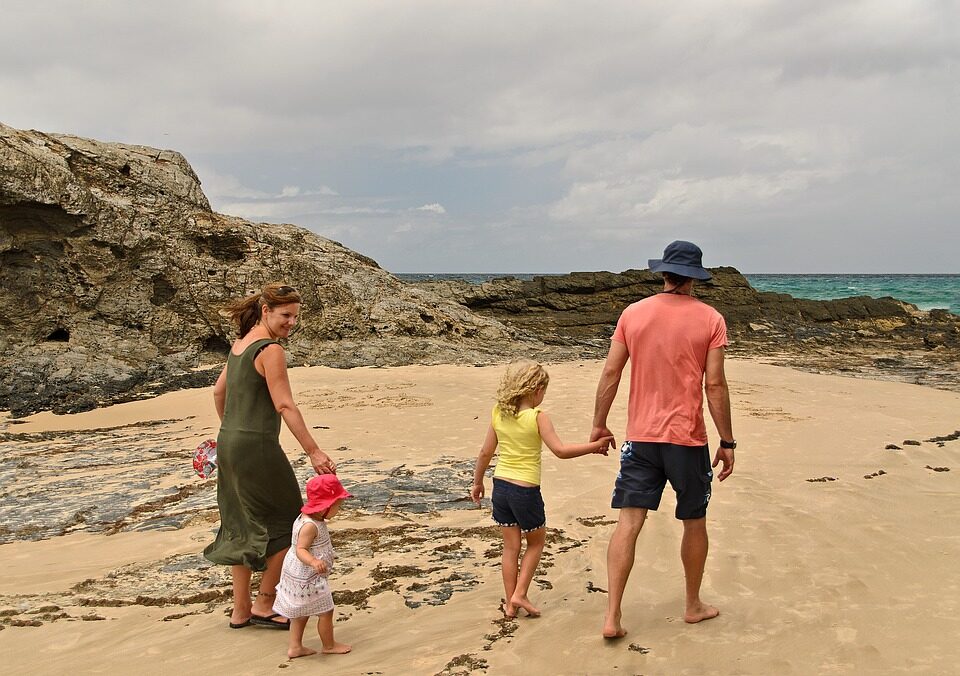For most parents, raising your kids to be responsible adults is one of the most important things that you can do for them, for you, and for society as a whole. Getting your kids to be more responsible is not a trick – it is simply the process of teaching them the kind of skills that they will be able to carry with them throughout their lives. And responsibility isn’t all about completing a task; it is about appreciating why you are doing it and the kind of benefits that it will have for others. So, here are just a few of the ways that you can raise your kids to the responsible adults of tomorrow.
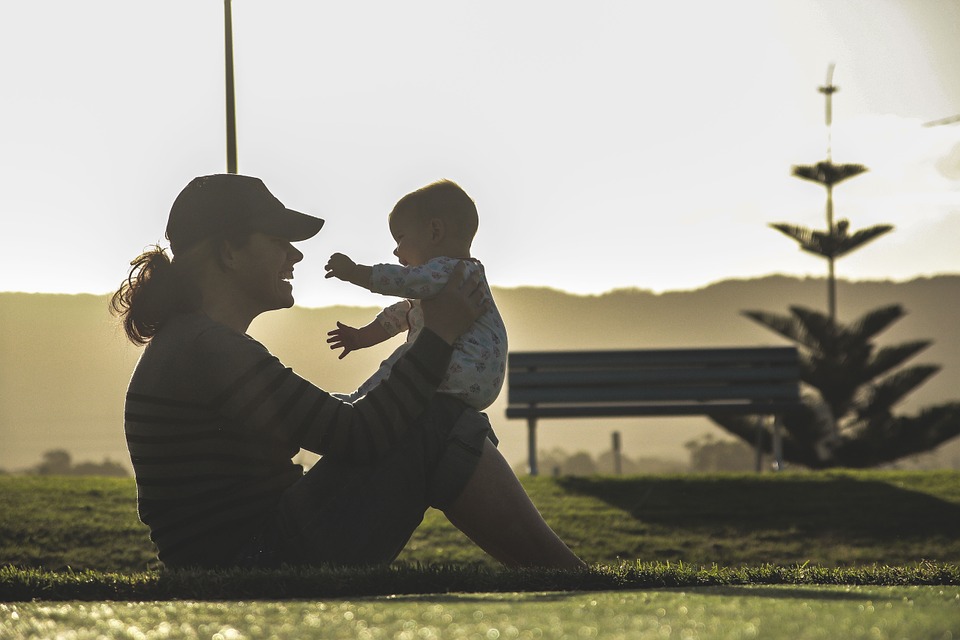
Start Young
The younger you start teaching your kids to be responsible, the better. It is going to be much more difficult to expect older children to take responsibility when they have never had to do this throughout their lives. Obviously, when they are young, you can start off small. Perhaps some small household tasks are best to teach them their role within the family. As well as asking your kids to do things, you also need to explain to them why it is important. So, if you are trying to teach them about the environment, this kids guide to recycling is a great starting point. Over time, the aim is that they will start to be more responsible themselves without even needing to be asked. And when they do this, you should show your appreciation and praise their efforts.
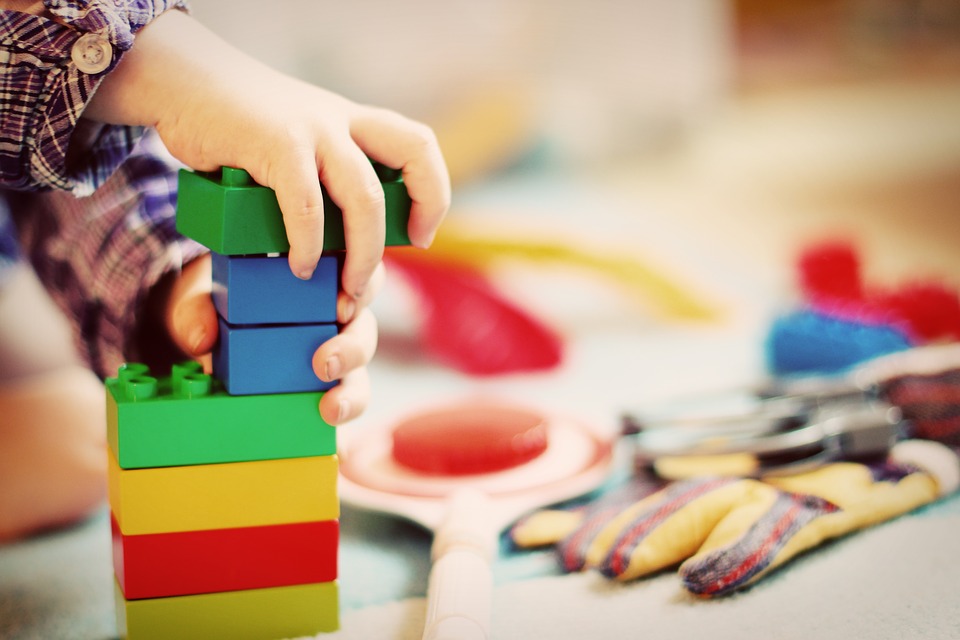
Show Your Kids the Way
Your kids are likely to copy the behavior that they see in you, so rather than expecting them to naturally pick up responsible actions on their own, you should be leading the way. For example, if you leave things strewn around the house without ever picking them up, your kids will inevitably start to pick up the same bad habits. But remember that all responsibilities should be age-appropriate, and you can gradually scale up what you expect from your kids over time.
Use Inclusive Language
Rather than demanding that your kids complete tasks, you should instead encourage them through the use of inclusive language like ‘this is how we do it’ and ‘our next job is this’. Everyone wants to feel like they are part of a family and that they are working together to achieve certain aims. Though it may only seem like a small thing, if you encourage all members of the family to use this same inclusive language, you may be surprised how quickly it starts to catch on.
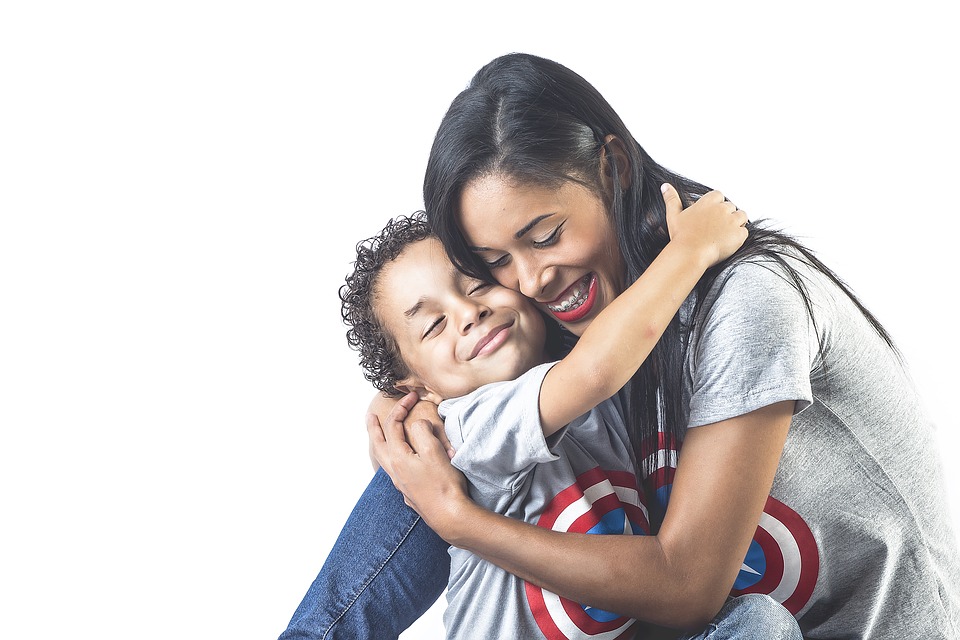
Praise Them for Positive Behavior
If you get into a good habit of praising your kids for positive behavior, the idea is that these things will no longer seem like chores to them. This is especially important in the beginning when they are not used to doing something. So, for example, if they put away their toys after being told, you should thank them or tell them that you are proud of them. Over time, hopefully, the behavior will become ingrained and appear normal to them.
Manage Your Expectations
Your kids aren’t always going to get it right first time. But the fact that they have made an effort is a great step in the right direction. You can always gently point out to them what they could do better next time, but do this in a way that shows them that you appreciate what they are doing. Otherwise, you could demonstrate to them and get them involved. For example, ask them to help when you are making your bed and they will hopefully start to naturally copy the way that you do it.
Limit the Rewards
Of course, rewards can be a very useful way of encouraging your kids to do something, but this isn’t a technique that you want to overuse. Otherwise, they are likely to expect this same kind of treatment every single time. A reward chart can be an effective compromise, as this way you are giving your kids an incentive to behave well and also, you are giving them something that they can work towards. Some kids respond just as well to praise as they do actual physical rewards.
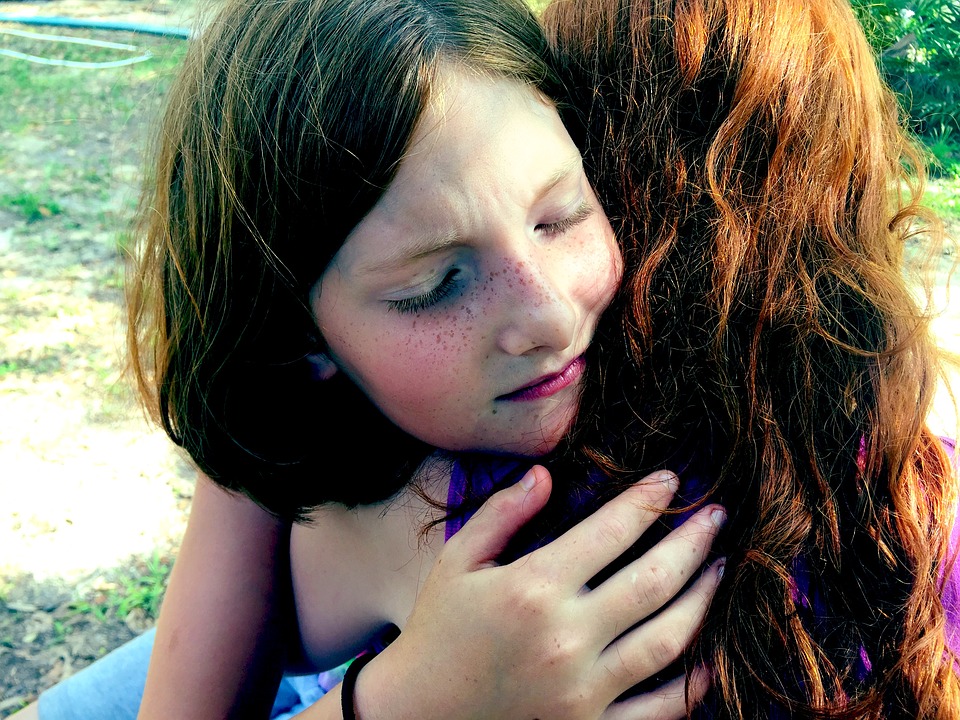
Provide a Sense of Structure and Routine
Kids crave some sort of sense of order. Rather than offering them a direct reward, you could instead offer them an incentive to get to the end of a pre-set routine. For example, your child may brush their teeth, eat breakfast, and get dressed before they watch TV. This way, rather than being seen as a reward, it is simply a natural conclusion to the other tasks that they have already completed. Creating this sense of structure for your kids is a good way of ensuring that they will carry this with them throughout their lives.
Teach Consequences to Actions
Obviously, raising kids is not always going to be this straightforward. Sometimes you are going to have to teach them that actions have consequences. For example, if they make a mess with all their toys strewn about all over the place, you could tell them that they won’t be able to play again until they are all put away properly. And you need to be willing to enforce these rules when you need to. After all, the lesson that all actions have consequences is one of the most important ones that you can impart.
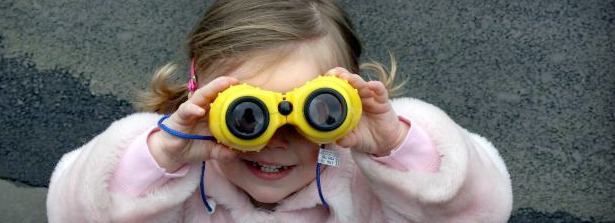
Teaching kids about responsibility is never going to be the easiest thing in the world, but as you are already well aware, there are very few parts of parenting that are a cakewalk. Hopefully, by following the advice set out in this article, you will stand the best chance of raising kids who turn out to be responsible adults. Obviously, every child is different and you will need to change your approach accordingly. But this guide gives you a decent overview and a template to follow.
